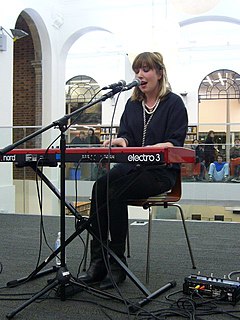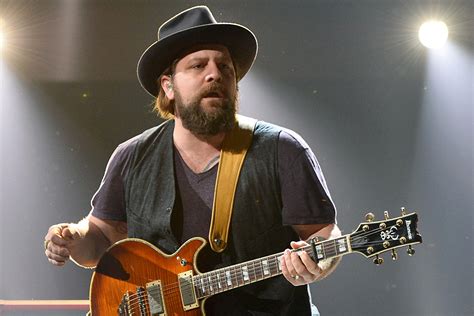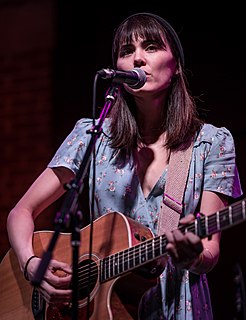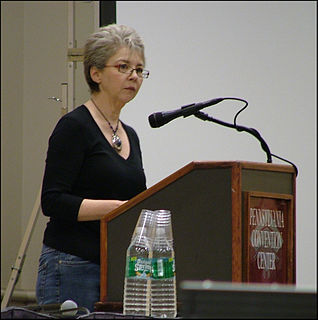A Quote by Pulkit Samrat
Related Quotes
I wanted to try to make songs that worked as songs, not just as productions. People wanted me to do a solo acoustic session, they were like "Can you play song on the piano?" and I was like "Not really. It doesn't really work." I wanted to write songs that would work in a variation of instrumentation.
And the thing about me is, I have a lot of mellow songs, because they're the easiest for me to write. I wanted to try to make some more upbeat songs, so, I ended up gravitating toward writing songs with friends, which was a great learning process, and also we came up with great songs. Those are the songs that came out the most naturally.
Throughout all of the changes that have happened in my life, one of the priorities I've had is to never change the way I write songs and the reasons I write songs. I write songs to help me understand life a little more. I write songs to get past things that cause me pain. And I write songs because sometimes life makes more sense to me when it's being sung in a chorus, and when I can write it in a verse.




































